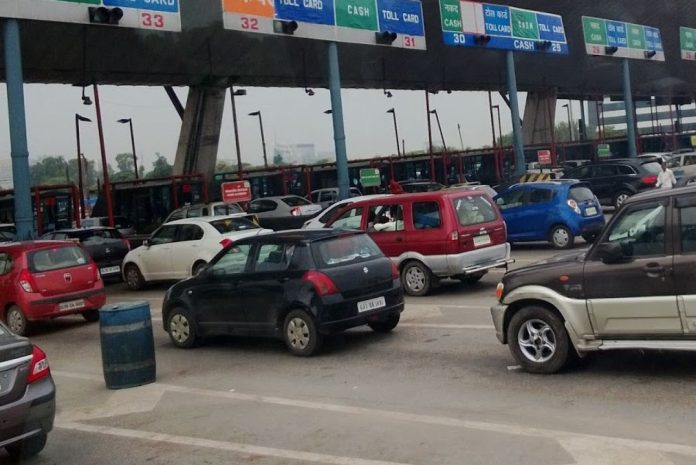Snapshot
- The central principle to apply while taxing anything should be a simple one: the user should pay.
So, if you want to tax property users for financing roads, you raise property taxes, not stamp duties.
The Maharashtra government wants to finance transport infrastructure – metros, monorail, bus rapid transport systems and freeways – by levying a 1 per cent surcharge on the stamp duty payable on city property purchases.
This is daft. The Mumbai property sector is already reeling under large inventories of unsold flats, especially in central Mumbai, and trying to raise more money from stamp duty will raise property prices when they are already unaffordable to even the upper middle classes. Unsold inventories in the Mumbai metropolitan region rose by over 56 per cent between 2013 and September 2018, to 2.3 lakh flats.
The central principle to apply while taxing anything should be a simple one: the user should pay. So, if you want to tax property users for financing roads, you raise property taxes, not stamp duties. The former taxes existing owners for the facilities they enjoy, while the latter taxes new buyers, thus constricting economic activity. Taxing buyers is the surest way to make demand for properties fall, and when this happens, you will have more slums and an even greater demand for infrastructure, as people migrate to more distant suburbs.
This principle has been given the go-by even while imposing road tolls in Mumbai. Instead of taxing car users in the city, the government taxes cars entering the city from five access points. Mumbai’s roads are used mostly by Mumbaikars, but the tolls (actually, entry taxes) are paid by people entering and exiting the city.
There is no harm in raising money from entry taxes, but if it is only part-time users of roads, rather than the regular users, who pay these taxes, it does not serve the broader taxation principle of taxing users according to their usage.
Mumbai, like London, is ripe for congestion surcharges and higher parking fees, and if executed properly, RFID-based chips can be affixed on all city-registered cars, with wayside sensors picking up signals whenever car users enter busy areas. The payments can be made either through prepaid chips, or through e-bills generated monthly or quarterly.
Bengaluru, faced with pollution and traffic congestion, wants to ban the registration of new vehicles, when a hike in annual car usage fees or road usage surcharges will generate the same revenues without impacting the car market as a whole.
When you ban cars from even being sold and tax properties so high that they become even more unaffordable, you are not solving any problem. You are, in fact, worsening them, or shifting the problem to another area.


